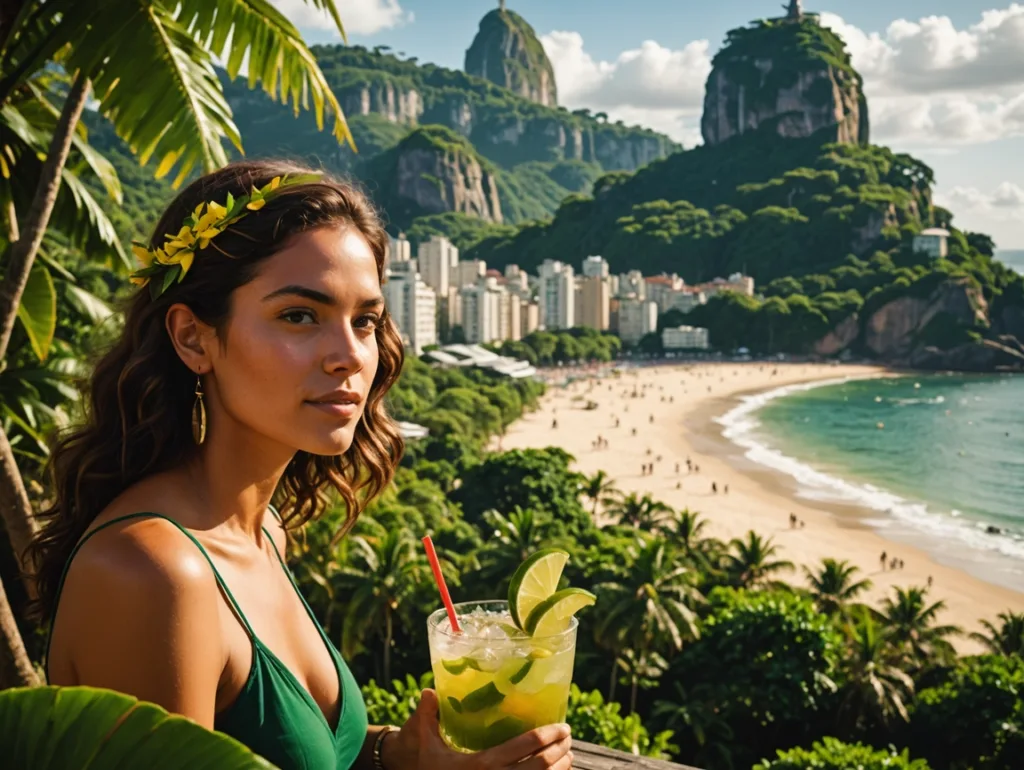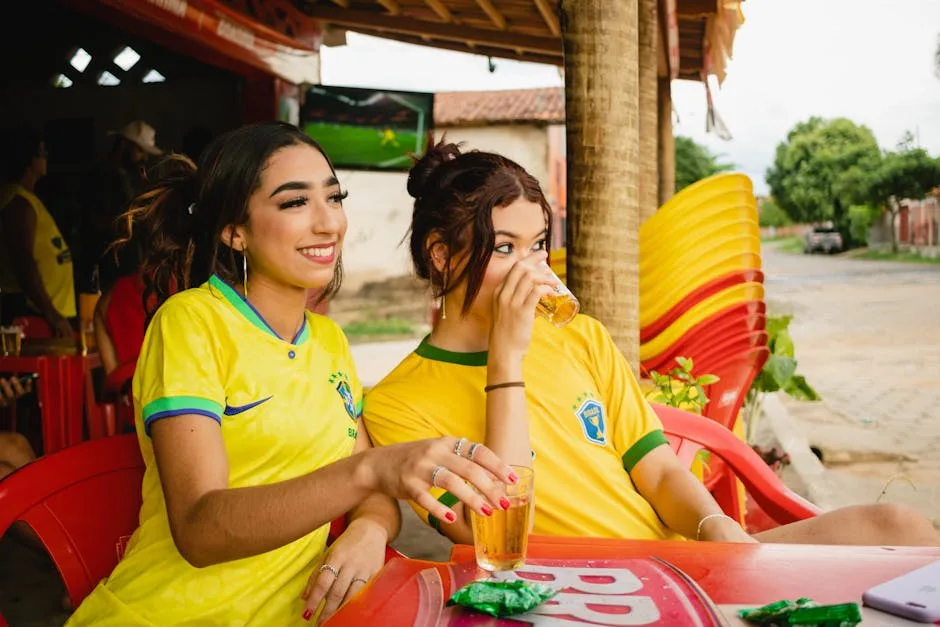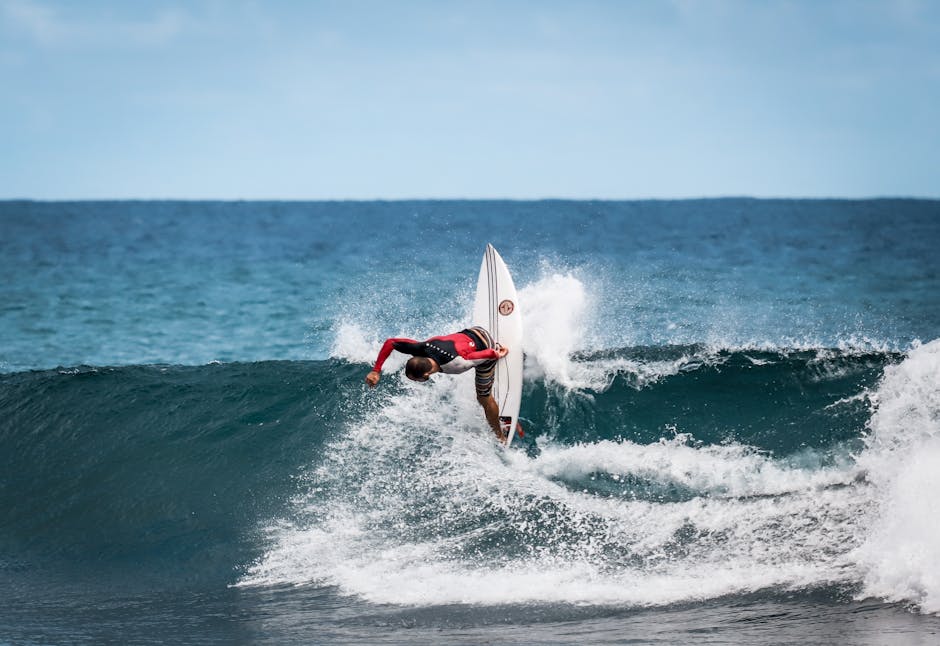So, You’re Going to Brazil! Get Ready for an Unforgettable Adventure.
Picture it now: the rhythm of samba in the streets of Rio, the breathtaking power of Iguazu Falls, the vibrant flavors of Bahian cuisine, and the mysterious allure of the amazon rainforest. brazil is a country that truly awakens the senses. But to soak in every incredible moment, feeling your best is non-negotiable. That’s where we come in!
Navigating travel health can feel a bit overwhelming, but don’t you worry. Think of this as your friendly, comprehensive guide to staying safe and healthy on your Brazilian escapade. We’ll walk you through everything from essential vaccinations to smart food choices and beating that glorious tropical sun. Ready? Let’s dive in!
First Things First: A Chat with Your Doctor is Your Golden Ticket
Before you even think about packing your Havaianas, your most important pre-trip task is scheduling a visit with your doctor or a travel medicine specialist. Why? Because your health is unique, and so is your trip! A one-size-fits-all approach just doesn’t work for travel health.
Ideally, you should book this appointment at least 4 to 6 weeks before you depart. This gives you plenty of time for any necessary vaccinations to become fully effective. During your consultation, be prepared to discuss:
- Your Itinerary: Are you sticking to major cities like São Paulo and Rio de Janeiro, or are you venturing into the Amazon Basin or the Pantanal wetlands? Your destinations heavily influence your health recommendations.
- Your Activities: Will you be hiking, volunteering with animals, or enjoying the urban nightlife? Different activities come with different risks.
- Your Health History: Be open about any pre-existing conditions or medications you’re on. This is crucial for personalized advice.
This conversation is the foundation of your healthy travel plan. It will tailor all the advice that follows directly to *you*.
Decoding Vaccinations for Brazil: What You Really Need
Let’s talk shots! The word ‘vaccination’ can sound intimidating, but it’s one of the most powerful tools for a worry-free trip. Here’s the breakdown of what the CDC and other health organizations typically recommend for travel to Brazil.
The Must-Haves: Routine Vaccinations
This is the easy part. You should be up-to-date on all your routine immunizations, regardless of where you’re traveling. This includes things like Measles-Mumps-Rubella (MMR), Diphtheria-Tetanus-Pertussis (DTaP), Polio, and your annual flu shot. Think of these as your health passport’s base layer.
The Big One: Yellow Fever
If there’s one vaccine synonymous with travel to South America, it’s Yellow Fever. This is a serious, mosquito-borne illness, and the vaccine is highly effective. Here’s what you need to know:
- Is it required? Brazil does not require proof of Yellow Fever vaccination for entry for most travelers (including from the US, UK, and Europe). However, this can change, and if you are arriving from a country with risk of yellow fever transmission (like Peru, Colombia, or Angola), you may be required to show proof. Always check the latest entry requirements.
- Is it recommended? Absolutely, for most of the country. The CDC recommends it for all travelers over 9 months old who are visiting areas outside of the northeastern coast (from Fortaleza to Salvador). This includes popular spots like Iguazu Falls, the Amazon region, Brasília, and even states near Rio and São Paulo. The risk is considered low in the major coastal cities themselves, but many travelers visit areas where it is recommended.
- When to get it: You need to get the shot at least 10 days before your trip for it to be effective. Once you get it, you’ll receive an International Certificate of Vaccination or Prophylaxis (ICVP), or a ‘yellow card’. Keep this with your passport; it’s your proof.
The Highly Recommended: Hepatitis A and Typhoid
These two are often recommended in the same breath because they are both transmitted through contaminated food and water. Even if you plan on staying in high-end hotels, you’re just one contaminated ice cube or unwashed salad away from a very unpleasant travel experience. The Hepatitis A vaccine is a series of two shots, and the Typhoid vaccine can be taken as a shot or in oral capsules. Getting these is a smart move for nearly all travelers to Brazil.
The ‘Good to Consider’: Other Vaccinations
Depending on your specific plans, your doctor might also discuss:
- Hepatitis B: If you might have a medical procedure, get a tattoo, or have intimate contact with a new partner, this vaccine is a good idea.
- Rabies: This is generally only for long-term travelers, veterinarians, or those who’ll be in close contact with animals (like bats in caves). It’s not a recommendation for the average tourist.
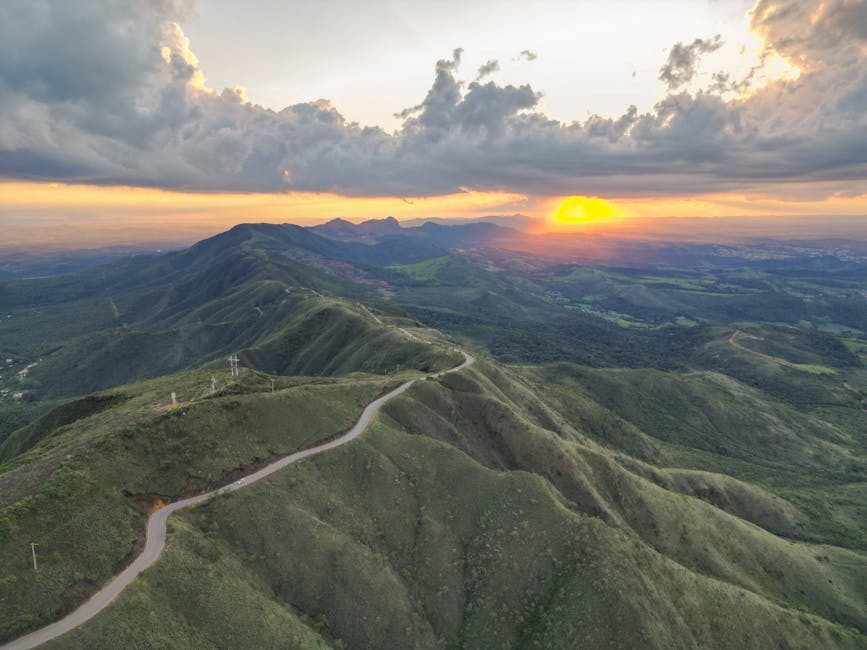
The Uninvited Guest: How to Win the War Against Mosquitoes
Besides Yellow Fever, mosquitoes in Brazil can carry a few other nasty viruses. The main culprits are Dengue, Zika, and Chikungunya, all of which are found throughout the country, including in major cities. In the Amazon region, you also have to consider Malaria. But don’t panic! Prevention is straightforward and highly effective.
Your Anti-Mosquito Toolkit
Think of yourself as a fortress. Your mission is to not get bitten. Here’s how:
- Repel, Repel, Repel: Use an EPA-registered insect repellent. Look for products containing DEET (20-30%), Picaridin, or Oil of Lemon Eucalyptus. Apply it to exposed skin *after* you’ve applied sunscreen.
- Cover Up: Especially during dawn and dusk when many mosquitoes are most active, wear long-sleeved shirts, long pants, and socks. Treating your clothing with permethrin offers an extra layer of powerful protection.
- Sleep Smart: Stay in accommodations with well-screened windows or air conditioning. If you’re in a more rustic setting, especially in a malarial zone, sleeping under a mosquito net is a must.
A Special Note on Malaria
The risk of Malaria in Brazil is almost exclusively confined to the Amazon Basin states. If you’re not going there, you don’t need to worry about it. If you *are* planning an Amazon adventure, your doctor will prescribe antimalarial medication. It’s crucial to take this medication exactly as prescribed before, during, and after your trip.
Fueling Your Adventure: A Guide to Safe Eating and Drinking
Brazilian food is a delight! From juicy picanha at a churrascaria to crispy pastéis from a street vendor, you’ll want to try it all. And you can! Just follow a few simple rules to keep your stomach happy.
Water Wisdom
This is the golden rule: Do not drink the tap water. It’s fine for showering, but not for consumption. Stick to sealed, bottled water for drinking and brushing your teeth. Be cautious with ice in your drinks—in good hotels and restaurants it’s usually made from filtered water, but in smaller establishments, it’s better to ask for your drink ‘sem gelo’ (without ice).

Food Smarts
Street food can be one of the best parts of traveling, and you don’t have to miss out. Just be selective.
- Look for stalls that are busy and popular with locals. High turnover means fresher food.
- Opt for food that is cooked hot and fresh right in front of you.
- Be wary of uncooked sauces or salsas that have been sitting out.
- When it comes to fruit, the best options are those you can peel yourself, like bananas and oranges, or those with a thick skin you wash thoroughly.
- In general, avoid raw salads and uncooked vegetables unless you’re confident in the restaurant’s hygiene standards.
Sun, Sand, and Smart Choices: Surviving the Tropical Climate
The Brazilian sun is intense and glorious, but it can also be relentless. Sunburn and dehydration can quickly ruin a day of sightseeing.
- Sunscreen is Your Best Friend: Pack a broad-spectrum sunscreen with a high SPF (30+) and apply it generously and often, especially after swimming.
- Seek Shade: The sun is strongest between 10 a.m. and 4 p.m. This is a great time to explore a museum, enjoy a long lunch, or take a siesta!
- Hydrate Constantly: Drink more water than you think you need. A fantastic local option is fresh coconut water (água de coco), sold everywhere. It’s hydrating and delicious!
- Accessorize for Protection: A wide-brimmed hat and UV-blocking sunglasses are not just fashion statements; they’re essential health tools.
Your Personal Travel Health Kit
While you can find pharmacies (drogarias) in Brazil, it’s always wise to bring a small health kit with familiar items from home. Consider packing:
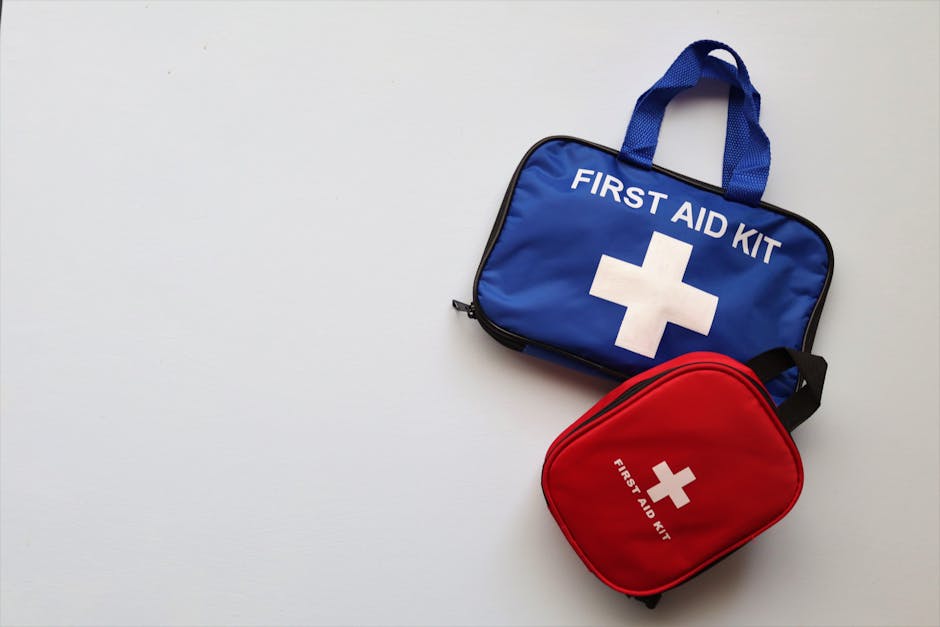
- Any personal prescription medications you need (in their original containers with a copy of your prescription).
- Pain and fever relievers (like ibuprofen or acetaminophen).
- Anti-diarrhea medication (just in case).
- Antihistamines for allergic reactions or insect bites.
- Basic first-aid supplies: antiseptic wipes, bandages, and blister treatment.
- A good supply of your chosen insect repellent and sunscreen.
- Hand sanitizer for when soap and water aren’t available.
One Last Thing: Get Travel Insurance!
This is perhaps the most important tip of all. No matter how well you prepare, accidents can happen. Comprehensive travel insurance that covers medical emergencies, including medical evacuation, is an absolute must. It’s the ultimate safety net that provides peace of mind, allowing you to fully immerse yourself in the magic of Brazil without a worry in the world. Now go on, your adventure awaits!


